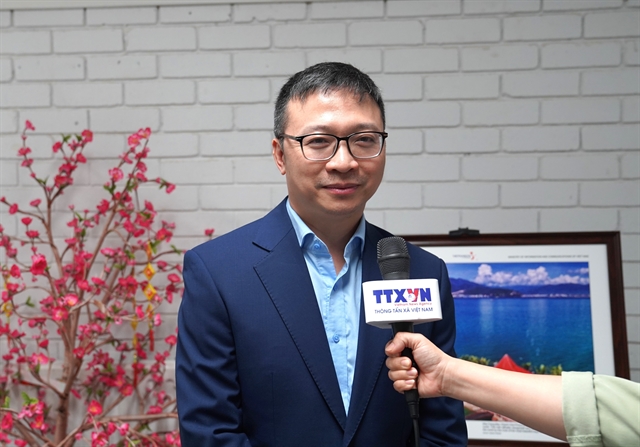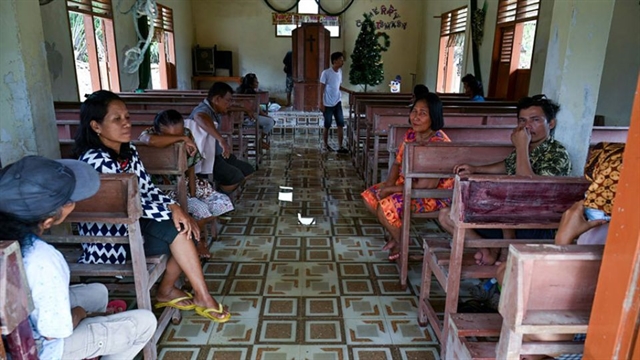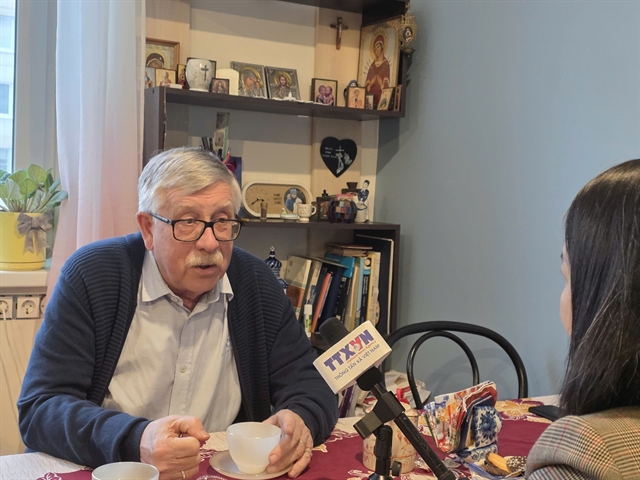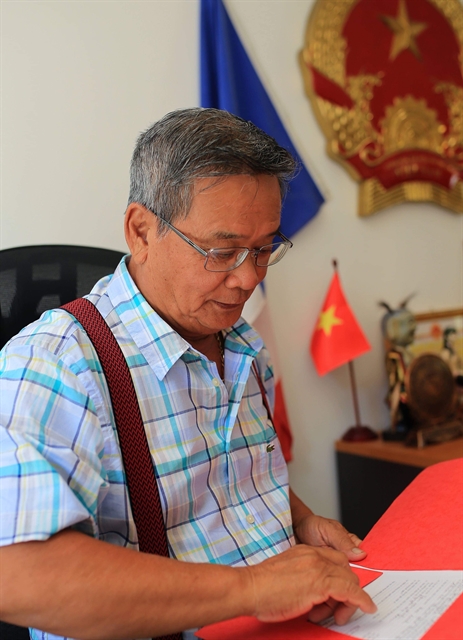 Life & Style
Life & Style
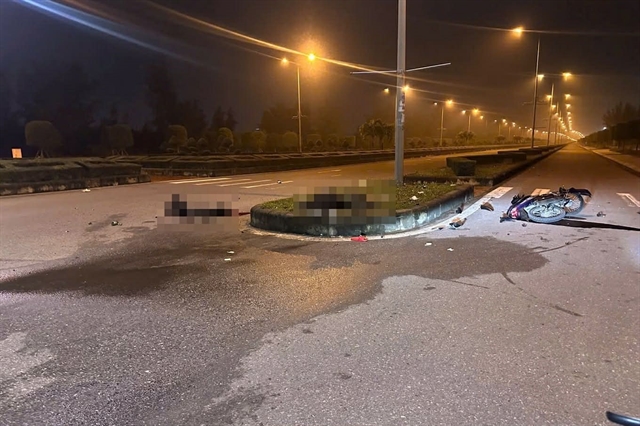
The training curriculum for the art of cải lương (reformed opera) needs to be revised to attract more students, according to experts.
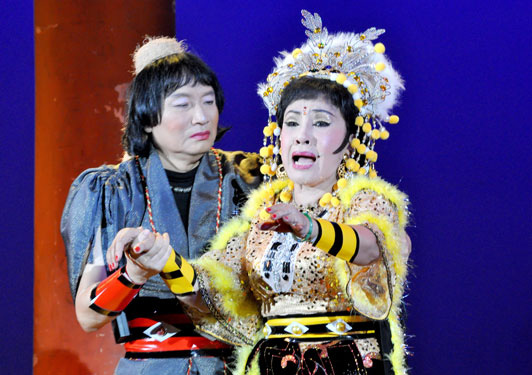
|
| Cải lương (reformed opera of the south) lacks students pursuing the field. Photo nld.com.vn |
HCM CITY — The training curriculum for the art of cải lương (reformed opera) needs to be revised to attract more students, according to experts.
At a seminar on developing the reformed arts of the southern region, organised by the HCM City University of Theatre and Cinema last week, experts voiced concern about not having enough well-trained actors and staff for the cải lương stage.
Currently, most traditional theatre art units are short of actors and musicians.
According to People’s Teacher Hà Quang Văn, it was wrong to disband many cải lương groups in certain provinces and then merge them with existing cultural centres.
“The merger has caused the art of cải lương to become less professional,” Văn said.
Several training institutions including the HCM City University Theatre and Cinema have not been able to recruit enough students in recent years.
The lack of trainees with a good voice has posed a great danger to the current training of cải lương artists and has discouraged experts in the field to pursue teaching the subject.
Meanwhile, several contests with the aim of choosing cải lương artists with potential, namely Bông Lúa Vàng, Chuông Vàng Vọng Cổ, and Giọng Ca Cải Lương Nguyễn Thành Châu, have faced problems attracting enough participants willing to compete for the prize.
Many experts believe that schools should collaborate with prestigious contests such as Bông Lúa Vàng and Chuông Vàng Vọng Cổ and offer scholarships to the finalists in order to gain more quality students.
However, some have argued that candidates winning top prizes do not necessarily pursue further education in schools because they are able to secure an income with their talent.
Dr. Mai Mỹ Duyên said that formal and serious training can theoretically provide cải lương artists with a solid career foundation.
However, some artists graduating from quality training schools have not been able to make ends meet, she added.
In a related matter, the managing director of IDECAF Theatre, Huỳnh Anh Tuấn, said that audiences should not be forced to buy cải lương tickets for the sake of preserving this type of art when artists cannot even put a quality show together.
Training methods
According to lecturer Xuân Hiểu, who has over 50 years of experience as a teacher, it is crucial to change the training method, considering that the cải lương industry today is different from that of many years ago.
“While the training curriculum used in foreign countries is updated every five years, we continue to offer old materials whose context is behind the Industry 4.0 technology,” he said.
People’s Artist Thanh Hải added that more professional artists in the field should be invited to participate in the training process. As they have practical experience, they know what should be fixed to improve the current curriculum and attract students who want to pursue a career in cải lương.
Meritorious Artist Ca Lê Hồng said that in addition to standardising the curriculum, schools should actively look for students and let them know about the training programme.
However, the requirement that famous artists participating in the teaching process must have a bachelor's or master's degree has concerned experts. As many artists have built their careers via experience handed down through their families, it is difficult for them to have official certificates. VNS

